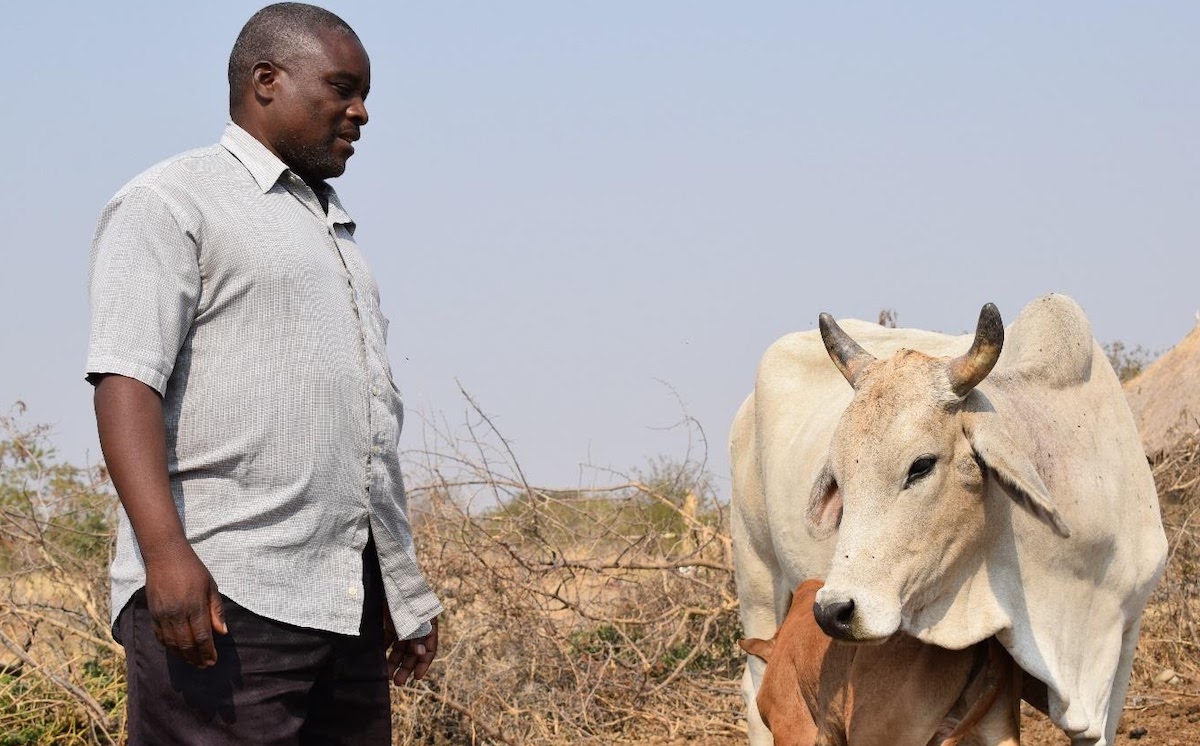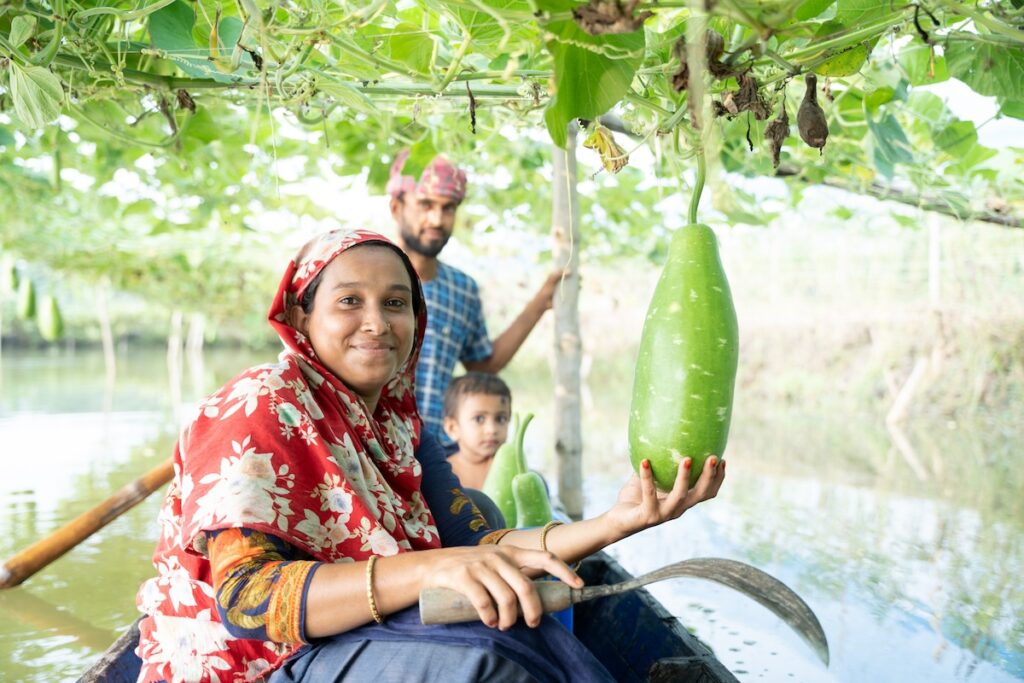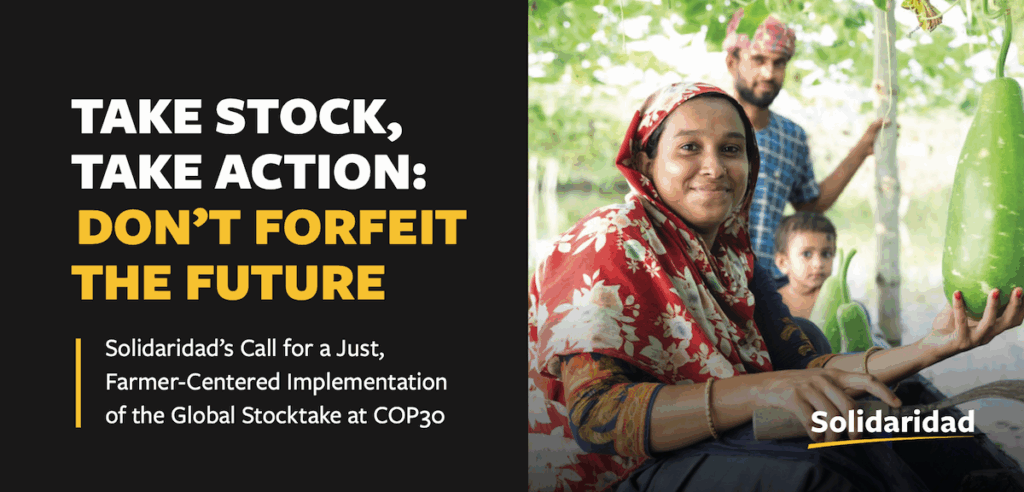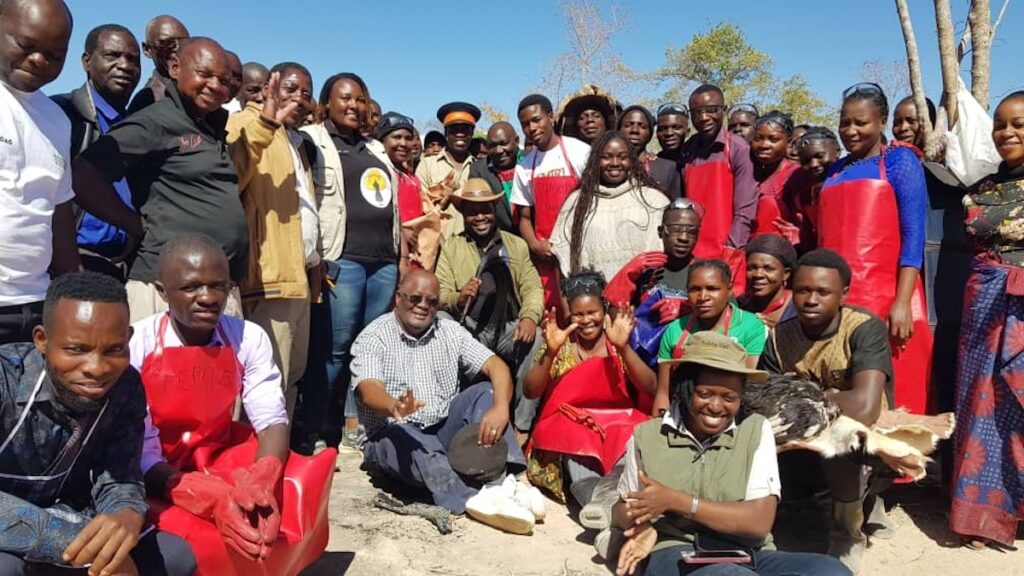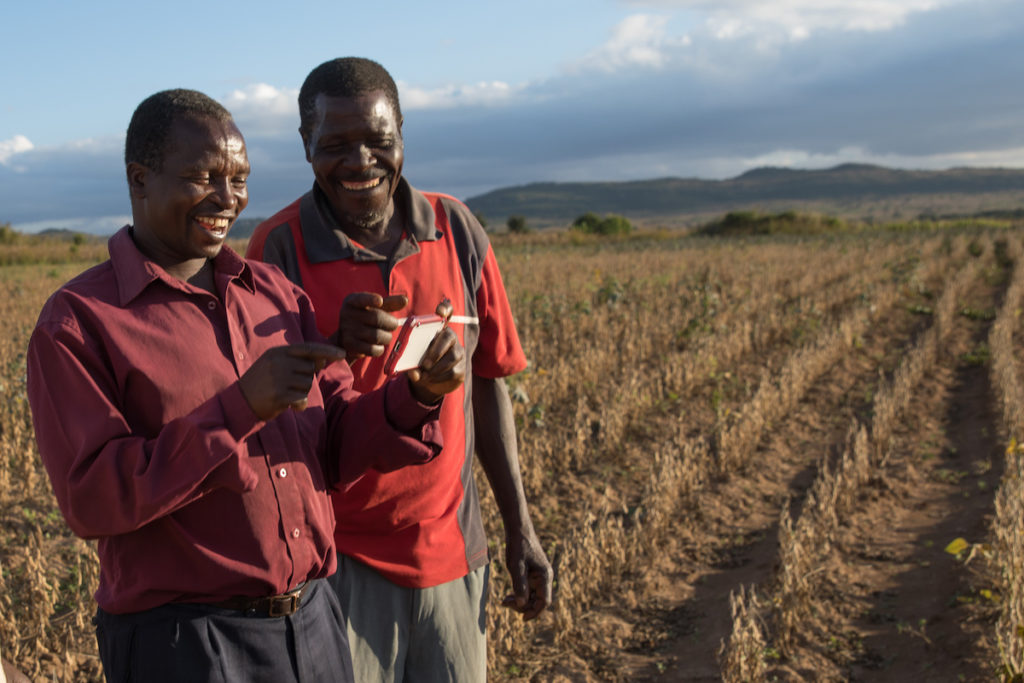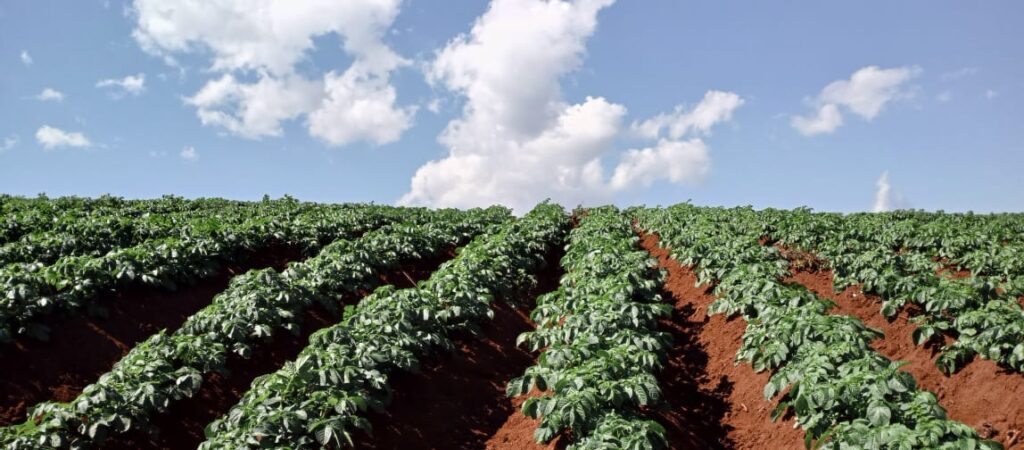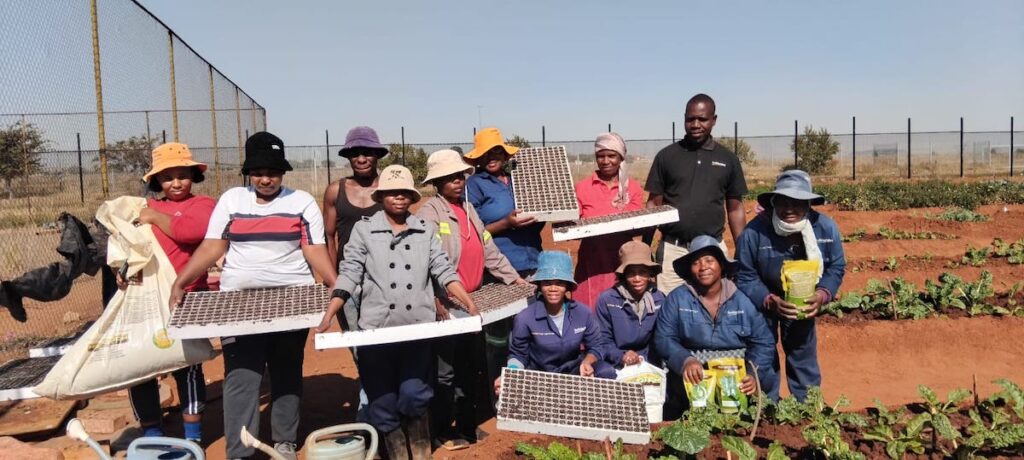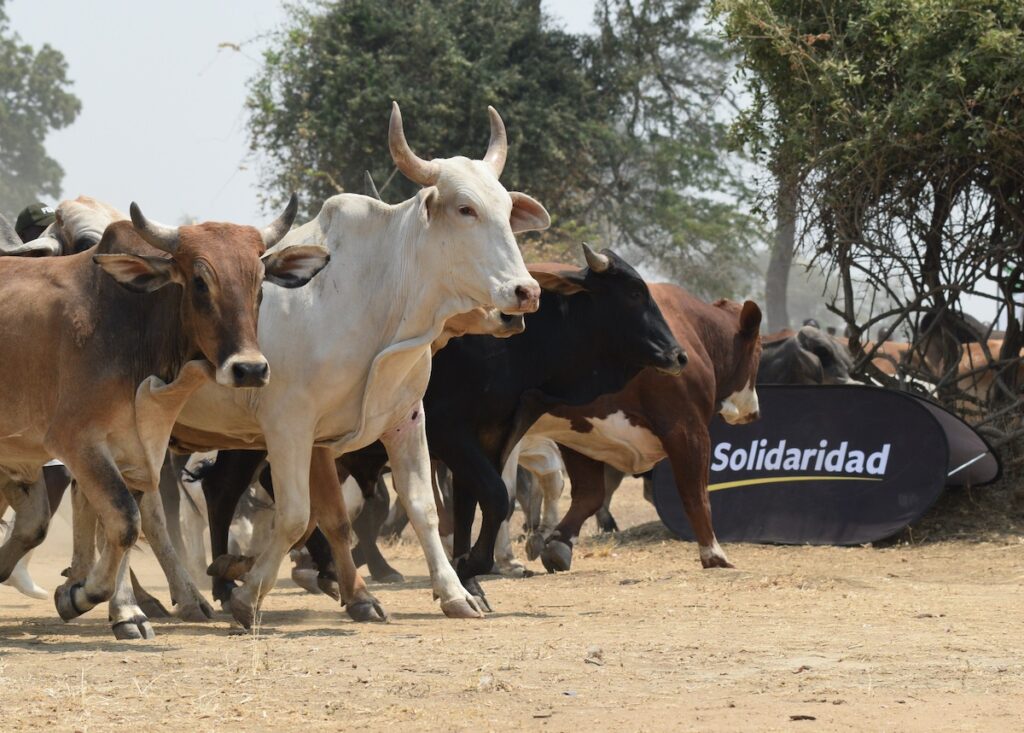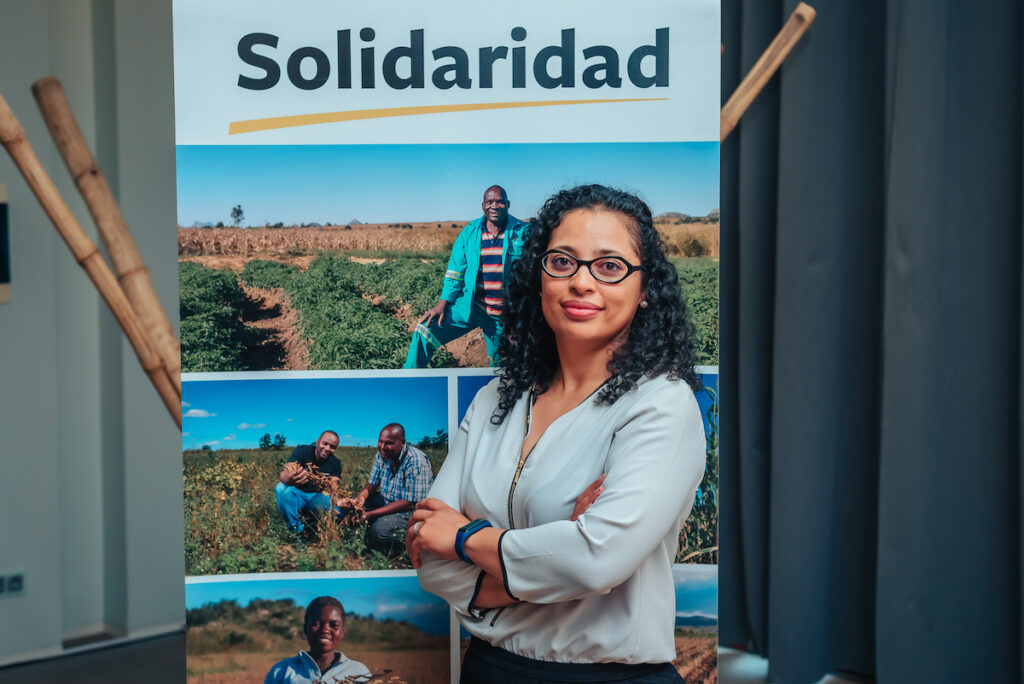Poor livestock management practices in Mazabuka District in Zambia has led to the massive deterioration of the landscape leading to low livestock and agricultural productivity which poses a major threat to community livelihood. Because of this, feeding resources for livestock are diminishing. The degraded landscape, dried rivers and floods have negatively affected livestock in the area. Traditional and middle-class farmers have seen their herds decrease over the years. This is mainly due to low productivity, disease prevalence, poor husbandry practices and lack of deliberate herd management limit through livestock commercialization. Poor animal husbandry also compromises the quality of leather and leather products produced as a by-product of the meat industry. The carrying capacity of the district at large has decreased making it hard for livestock to thrive. Population growth is exerting additional pressure on natural resources to meet increased food and nutrition demands, including through the expansion of agriculture and livestock production.
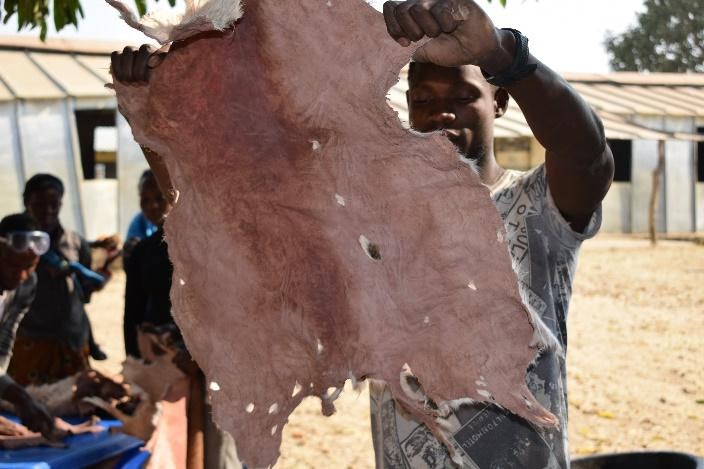
The Nambola Livestock project has contributed to the successful implementation of holistic management practices that have led to the restoration of ecosystems while increasing knowledge around livestock breeding and management from a beef and leather value chain perspective. Improved pasture management has resulted in improved forage in 60,700 hectares of grazing areas, and enhanced carbon sequestration. The use of livestock hooves in this process has increased soil fertility and water absorption in the area. Overall, this programme has directly improved the livelihoods of 390 smallholder livestock-producing households, and the number of smallholder farmers indirectly impacted by the project is 5,800.
As farmers are no longer burning grasslands, the area has experienced increased availability of nutritious grass for livestock feed. Livestock is in better condition score than before and their productivity has increased with 85 percent calving rate. Livestock farmers have experienced an increase in grass production and a return of the small wildlife in the Lower Kafue sub-basin over the 60,700 hectares of land. The use of organic manure mainly livestock manure has led to increased productivity of crops grown. Sustainable harvesting of wood for firewood has resulted in reduced soil erosion.
As farmers are no longer burning grassland, the area has experienced increased availability of grass for livestock feed. Livestock is in better condition than before and their productivity has increased with 85 percent calving rate.
Dr. Christine Yambayamba, Solidaridad Livestock Expert
A group of 52 young women and men from Mazabuka Province have been awarded certificates for completing training in hand leathercraft as a way of adding value and improving income at the household level. They have already started selling the leather and some of the proceeds they made were reinvested into village banking. Through village banking, there has been increased access to finance, aggregated funding for investment, and reduced loan default. About 420 loans have been issued since 2019. The community has benefited from increased incomes owing to an increase in their investment potential. Farmers are also generating additional sources of income such as selling stalls through their savings.
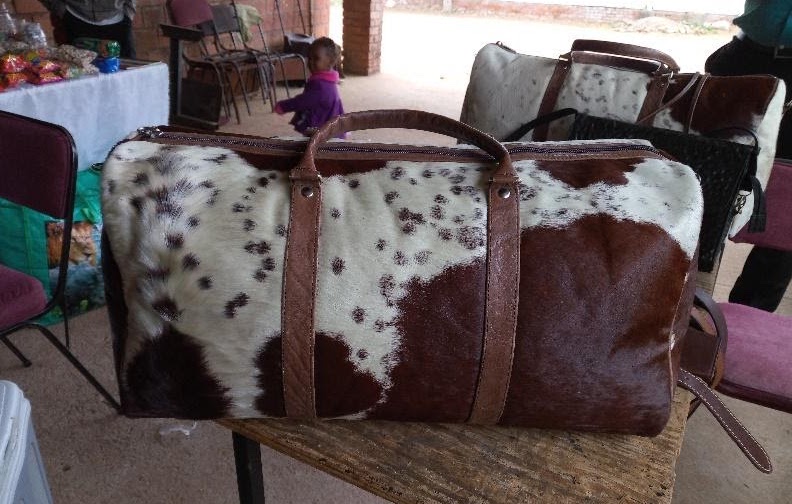
The establishment of soil labs within close proximity of farms has increased the effectiveness and efficiency of soil tests conducted by reducing the amount of time it takes a farmer to receive their soil test results. These labs have also generated employment opportunities specifically for local youth.
To date, there have been 650 animals logged into the Cattle Grading App and the app is now available on the Play Store. Farmers now understand the importance of animal growth and quality to be able to fetch higher prices at the market. As a result, they have experienced an improvement in livestock quality and productivity.

